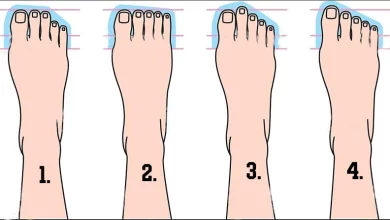10 cancer warning signs women shouldn’t ignore

The warning signs of gynecologic cancers can be vague and similar to those of other conditions. That’s why it’s important to know what to look for.
Cancer may not be on your radar, especially if you’re relatively young and healthy. But it should be, regardless of your age or family history.
Each year, nearly 90,000 women in the United States are diagnosed with a gynecologic cancer, such as endometrial (also known as uterine cancer), ovarian cancer or cervical cancer. More than 242,000 women are diagnosed with breast cancer.
Most of these cancers occur in women after menopause. But gynecologic cancers can strike women before menopause, too.
“Your risk for all cancer types rises as you age, but it’s important to know what to look for at any age,” says Therese Bevers, M.D., medical director of the Cancer Prevention Center. “That way, if symptoms appear, you can tell your doctor right away.”
The signs of cancer, particularly gynecologic cancers, can be vague and similar to those of other conditions. Only breast and cervical cancers can be detected through screening. So recognizing these symptoms and talking about them with your gynecologist or primary care doctor can increase your odds of finding cancer early, when it’s most treatable.
Here are 10 cancer symptoms that every woman should be on the lookout for.
1. Abnormal vaginal bleeding. More than 90% of women diagnosed with endometrial cancer experience irregular bleeding. If you have already undergone menopause, any bleeding — spotting included — should be evaluated. Haven’t gone through menopause yet? See your doctor if you experience bleeding between periods, heavy bleeding or bleeding during sex. This can also be a sign of cervical or vaginal cancer.
2. Unexplained weight loss. If you’re overweight or obese, losing weight by exercising and making healthier food choices can actually help curb your cancer risk. But if you suddenly lose more than 10 pounds without changing your diet or exercise habits, talk to your doctor.
3. Vaginal discharge colored with blood.
open next page to continue reading….
Related Articles
-
Best Exercises To Lose Arm Fat In Two WeeksAugust 26, 2022



